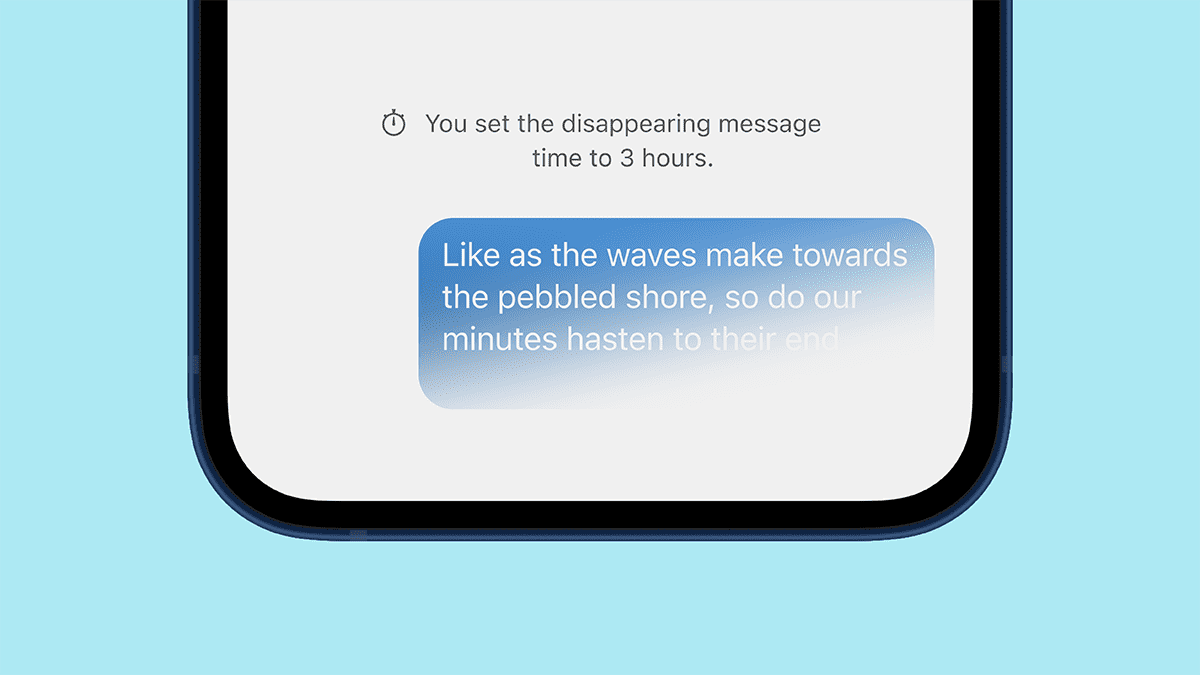

Our editors thoroughly review and fact-check every article to ensure that our content meets the highest standards. Our goal is to deliver the most accurate information and the most knowledgeable advice possible in order to help you make smarter buying decisions on tech gear and a wide array of products and services. ZDNet's editorial team writes on behalf of YOU, our reader. Indeed, we follow strict guidelines that ensure our editorial content is never influenced by advertisers. Neither ZDNet nor the author are compensated for these independent reviews. This helps support our work, but does not affect what we cover or how, and it does not affect the price you pay. When you click through from our site to a retailer and buy a product or service, we may earn affiliate commissions. And we pore over customer reviews to find out what matters to real people who already own and use the products and services we’re assessing. We gather data from the best available sources, including vendor and retailer listings as well as other relevant and independent reviews sites. ZDNet’s recommendations are based on many hours of testing, research, and comparison shopping. This site is Open Source and the source code is available on GitHub.ĭonate and show your support! All contributions are greatly appreciated and help towards the ongoing development of this project.‘ZDNet Recommends’ What exactly does that mean? And for file saving capabilities, Eli Grey's wonderfulįileSaver.js interface.

This would be possible without the outsanding Open Source software I'm utilising such as KeyBase's JavaScript implementation of I wanted to provide an easier way to generate keys. Prompt of a Linux/Unix machine and using the GPG utility, or installing a PGP compatibleĪpplication on your desktop. Usually the common methods for generating keys still involve going to a command This site provides a simple and easy-to-use open source PGP tool for people to generate new PGP keys online, encrypt or decrypt messages and verify signatures with. Software follow the OpenPGP standard (RFC 4880) for encrypting and decrypting It was created by Phil Zimmermann in 1991. PGP is often used for signing, encrypting, and decrypting texts, e-mails, files,ĭirectories, and whole disk partitions and to increase the security of e-mailĬommunications.

That provides cryptographic privacy and authentication for data communication. Pretty Good Privacy (PGP) is a data encryption and decryption computer program


 0 kommentar(er)
0 kommentar(er)
